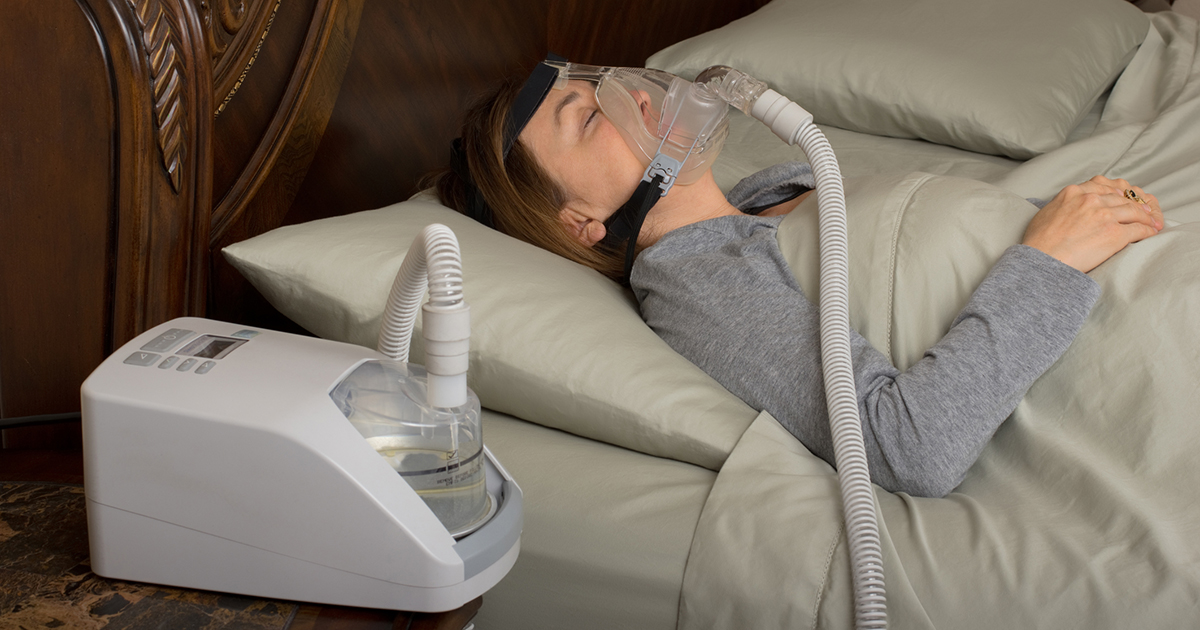How To Improve The Quality Of REM Sleep
Quality REM sleep, the stage of sleep when most individuals have vivid dreams (though they may not remember them during the day), is necessary for health and wellness. Without quality REM sleep, individuals may have reduced coping skills during the day. REM sleep supports the development of the central nervous system. Those who do not get enough REM sleep are often drowsy during the day and have more trouble remembering information. They may experience migraines, and they are more likely to be overweight than individuals who do get enough REM sleep. When individuals want to increase the quality of their REM sleep, there are concrete steps they can take. These steps can be used by anyone who needs more sleep. Uncover the full details on this now.
Address Medical Conditions Interfering With Sleep

In order to foster REM sleep stages, individuals need to address any medical conditions they may have that might be interfering with their sleep. Sleep apnea is a particularly troublesome condition that causes the affected individual to stop breathing at intervals throughout the night, which can result in extreme snoring and trouble staying asleep. If an individual thinks they have sleep apnea, they should see a doctor for testing. Often, a medical device called a continuous positive airway pressure (CPAP) machine and mask can be worn during the night to ease the symptoms. Other medical conditions that may interfere with sleep include allergies, asthma, heartburn, restless legs syndrome, anxiety, kidney disease, and thyroid disease. Mental health problems like depression and anxiety can also cause insomnia. All of these should be considered before a diagnosis is made and treatment begins.
Learn more about how to improve REM sleep now.